Yogurt is a nutritious food that is popular among the world and the consumption of yogurt also brings a large number of waste yogurt containers. Currently, most of the yogurt containers are made of PE and PP plastic materials, which are non-degradable. Just like other types of packaging, such as PET bottles, Yogurt containers need to be recycled to prevent pollution.
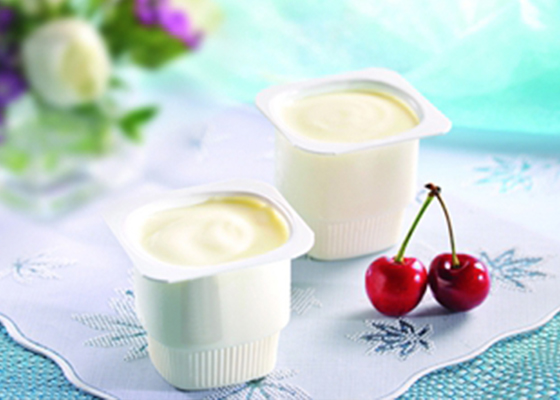
Apart from the daily consumed yogurt, which has comparatively less residue in the containers, there is another large group of yogurt products that are line-rejected, date expired, and returned because yogurt has a short shelf life. And these yogurt containers are mostly full filled with yogurt contents and are heavy in weight and inconvenient to recycle. As the container itself is lightweight but space costive, so it’s big trouble for the yogurt manufacturers and container recyclers to deal with the yogurt containers efficiently.
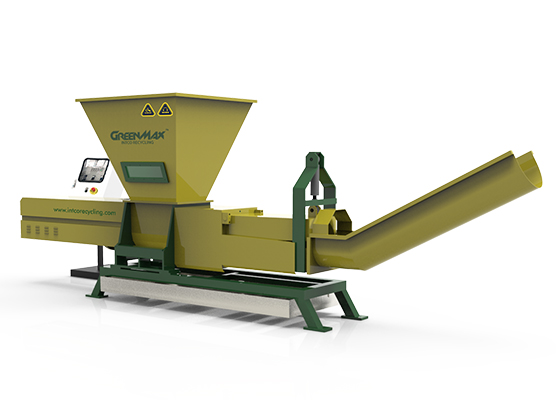
Similar to other containers and packaging, yogurt containers are able to be dewatered and compacted by recycling machines—GREENMAX dewatering machine. Poseidon, together with the other three series: APOLO, Zeus, MARS, is operated with the principle of cutting down the waste plastic materials’ volume to achieve the goal of saving storage and transport cost.
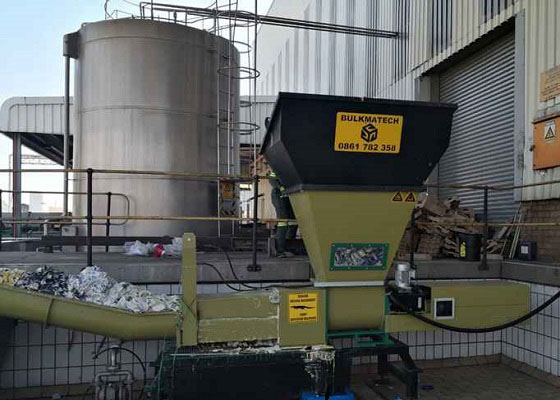
Yogurt Containers are usually in the form of cups and bottles. Although several new types of yogurt cups made from bio-degradable plastics have been created, the traditional non-degradable containers still occupy the major market share. If they are left in the landfills, it will take approximately 20 to 30 years to get completely decomposed. Instead of ending their life in the landfill as trash, it’s better to get them recycled and regenerated.
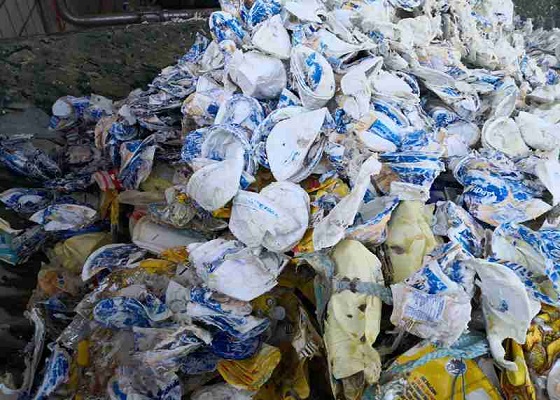
A small part of the yogurt cups is reused simply by people in daily life, making them into small objects like a flower pot and storage box. However, the major part of the plastic containers needs to be recycled by high efficient machines on a large recycling scale. This task is difficult to be completed with labor power because the residues left in the containers are quite sticky and uneasy to get rid of.
GREENMAX Dewatering Machine to Extract the Residue
When facing the trouble mentioned above, it’s lucky that mechanical equipment can provide solutions. With strong screw power, Poseidon can extract most of the residue out of the containers and the weight disposals is about 10% of the original ones.
The extracted residue will be collected in the tank equipped below the machine and transferred to a wastewater treatment system with a production line of biogas so that the residue would not cause the second pollution to the environment.
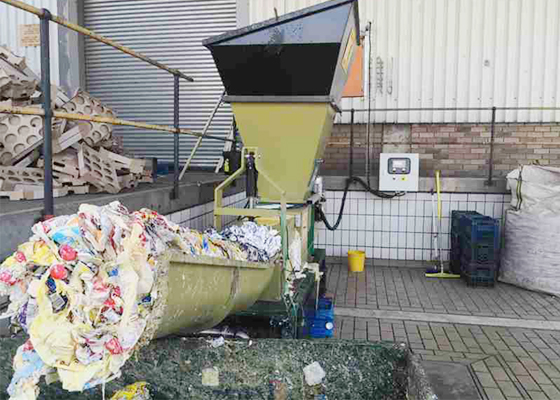
At the meantime, the volume ratio of yogurt containers before and after process is around 6:1. This could help to save a lot of handling and transportation cost as well as the storage space. And the compacted yogurt containers, usually of PP and PE plastics, could be sold as recycled materials to avoid going to landfill and to create new valuable products.
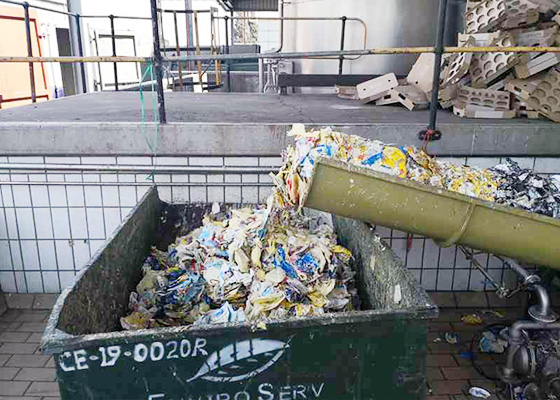
Yogurt Cups Recycling Successful Cases
1. A.C. Shibolet Dagan Ltd. in Israel
GREENMAX Dewatering Machine P-C350 for Yogurt Cups
Screw Reduction Ratio: 50:1
Screw Rotation Speed: 30 rad/min
Total Power Consumption: 15.55kw
